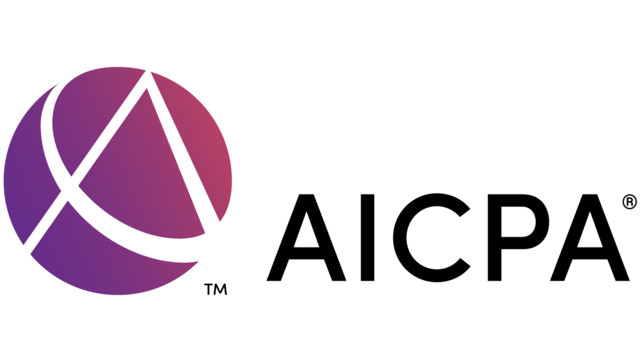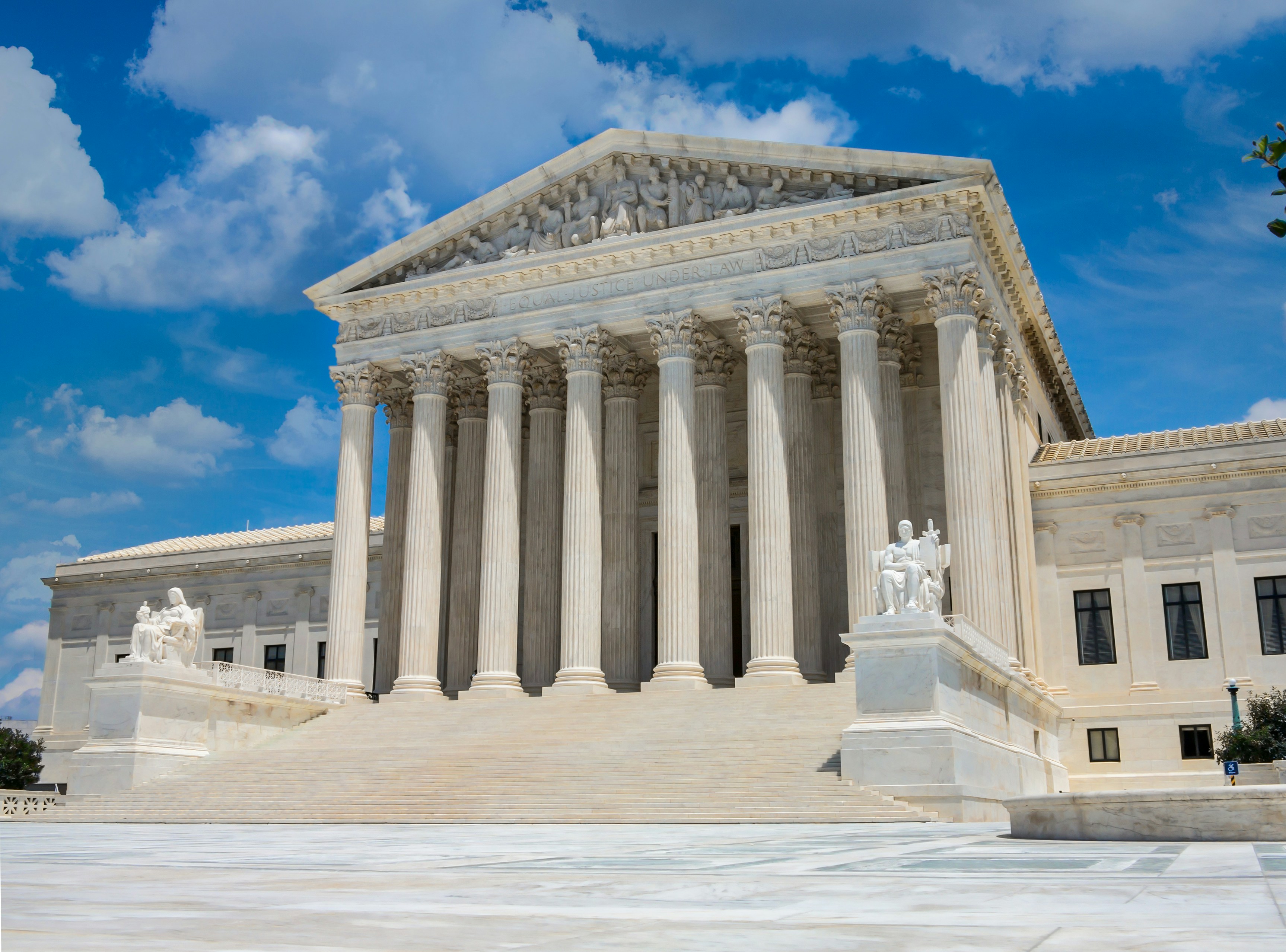The American Institute of CPAs (AICPA) supports efforts by Congress to provide tax relief to businesses that have been unable to maintain inventory during the pandemic. While there are a number of industries that have been impacted by the disruptions in the supply chain, the automotive industry is among those most greatly affected. Today, the AICPA announced its endorsement of the bipartisan Supply Chain Disruptions Relief Act, sponsored in the House by Representatives Dan Kildee (D-MI) and Jodey Arrington (R-TX).
The Supply Chain Disruptions Relief Act would allow automotive dealerships to choose to wait until as late as 2025 for their inventory to be replaced in order to determine the income attributable to the sale of inventory during 2020 or 2021.
In a letter addressed to Representatives Kildee and Arrington, the AICPA expressed their support and gratitude for this bill, saying: “The [AICPA] thanks you for your continued efforts to provide tax relief to automobile dealers who use the Last-In-First-Out (LIFO) accounting method and are struggling to replace inventories in the wake of various COVID-19-related government restrictions that caused disruptions in foreign trade and the global supply chain.”
For several months, the AICPA has expressed the pressing need for the U.S. Department of the Treasury to offer Section 473 relief to eligible taxpayers; Section 473 authorizes Treasury and the Internal Revenue Service (IRS) to permit taxpayers to reduce the unanticipated income from a qualified liquidation of LIFO inventories by replacing the inventory over a three-year period. Unfortunately, Treasury’s authority does not extend to granting Section 473 relief, specifically under current circumstances.
The House bill echoes the advocacy work and recommendations the AICPA has undertaken, and also includes the principles outlined in AICPA’s proposed safe harbor method. The AICPA offers its strong support for this legislation, as well as broader relief for other industries if it becomes feasible.
Thanks for reading CPA Practice Advisor!
Subscribe Already registered? Log In
Need more information? Read the FAQs




